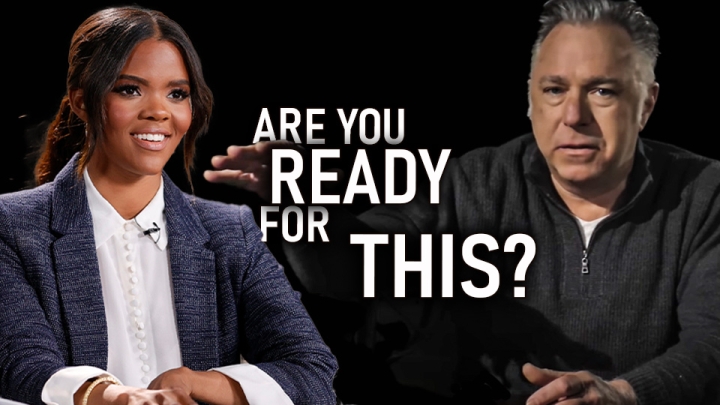(Shutterstock)
By Patrick J. Buchanan, The American Conservative, August 3, 2018
A war with Iran would define, consume and potentially destroy the Trump presidency, but exhilarate the neocon never-Trumpers who most despise the man.
Why, then, is President Donald Trump toying with such an idea?
Looking back at Afghanistan, Iraq, Libya, Syria and Yemen, wars we began or plunged into, what was gained to justify the cost in American blood and treasure, and the death and destruction we visited upon that region? How has our great rival China suffered by not getting involved?
Oil is the vital strategic Western interest in the Persian Gulf. Yet a war with Iran would imperil, not secure, that interest.
Mass migration from the Islamic world, seeded with terrorist cells, is the greatest threat to Europe from the Middle East. But would not a U.S. war with Iran increase rather than diminish that threat?
Would the millions of Iranians who oppose the mullahs’ rule welcome U.S. air and naval attacks on their country? Or would they rally behind the regime and the armed forces dying to defend their country?
“Mr. Trump, don’t play with the lion’s tail,” warned President Hassan Rouhani in July: “War with Iran is the mother of all wars.”
But he added, “Peace with Iran is the mother of all peace.”
Rouhani left wide open the possibility of peaceful settlement.
Trump’s all-caps retort virtually invoked Hiroshima: “Never, ever threaten the United States again or you will suffer consequences the like of which few throughout history have suffered before.”
When Trump shifted and blurted out that he was open to talks—”No preconditions. They want to meet? I’ll meet”—Secretary of State Mike Pompeo contradicted him: Before any meeting, Iran must change the way they treat their people and “reduce their malign behavior.”
We thus appear to be steering into a head-on collision.
For now that Trump has trashed the nuclear deal and is reimposing sanctions, Iran’s economy has taken a marked turn for the worse.
Its currency has lost half its value. Inflation is surging toward Venezuelan levels. New U.S. sanctions will be imposed this week and again in November. Major foreign investments are being canceled. U.S. allies are looking at secondary sanctions if they do not join the strangulation of Iran.
Tehran’s oil exports are plummeting along with national revenue.
Demonstrations and riots are increasingly common.
Rouhani and his allies who bet their futures on a deal to forego nuclear weapons in return for an opening to the West look like fools to their people. And the Revolutionary Guard Corps that warned against trusting the Americans appears vindicated.
Iran’s leaders have now threatened that when their oil is no longer flowing freely and abundantly, Arab oil may be blocked from passing through the Strait of Hormuz out to Asia and the West.
Any such action would ignite an explosion in oil prices worldwide and force a U.S. naval response to reopen the strait. A war would be on.
Yet the correlation of political forces is heavily weighted in favor of driving Tehran to the wall. In the U.S., Iran has countless adversaries and almost no advocates. In the Middle East, Israelis, Saudis and the UAE would relish having us smash Iran.
Among the four who will decide on war, Trump, Pompeo and John Bolton have spoken of regime change, while Defense Secretary James Mattis has lately renounced any such strategic goal.
With Israel launching attacks against Iranian-backed militia in Syria, U.S. ships and Iranian speedboats constantly at close quarters in the Gulf, and Houthi rebels in Yemen firing at Saudi tankers in the Bab el-Mandeb entrance to the Red Sea, a military clash seems inevitable.
While America no longer has the ground forces to invade and occupy an Iran four times the size of Iraq, in any such war, the U.S., with its vastly superior air, naval and missile forces, would swiftly prevail.
But if Iran called into play Hezbollah, the Shiite militias in Syria and Iraq, and sectarian allies inside the Arab states, U.S. casualties would mount and the Middle East could descend into the kind of civil-sectarian war we have seen in Syria these last six years.
Any shooting war in the Persian Gulf could see insurance rates for tankers soar, a constriction of oil exports, and surging prices, plunging us into a worldwide recession for which one man would be held responsible: Donald Trump.
How good would that be for the GOP or President Trump in 2020?
And when the shooting stopped, would there be installed in Iran a liberal democracy, or would it be as it was in Hosni Mubarak’s Egypt, with first the religious zealots taking power, and then the men with guns.
If we start a war with Iran, on top of the five in which we are engaged still, then the party that offers to extricate us will be listened to, as Trump was listened to, when he promised to extricate us from the forever wars of the Middle East.
Patrick J. Buchanan is the author of the recent book, Nixon’s White House Wars: The Battles That Made and Broke a President and Divided America Forever.
https://www.theamericanconservative.com/buchanan/war-with-iran-could-destroy-trumps-presidency/







